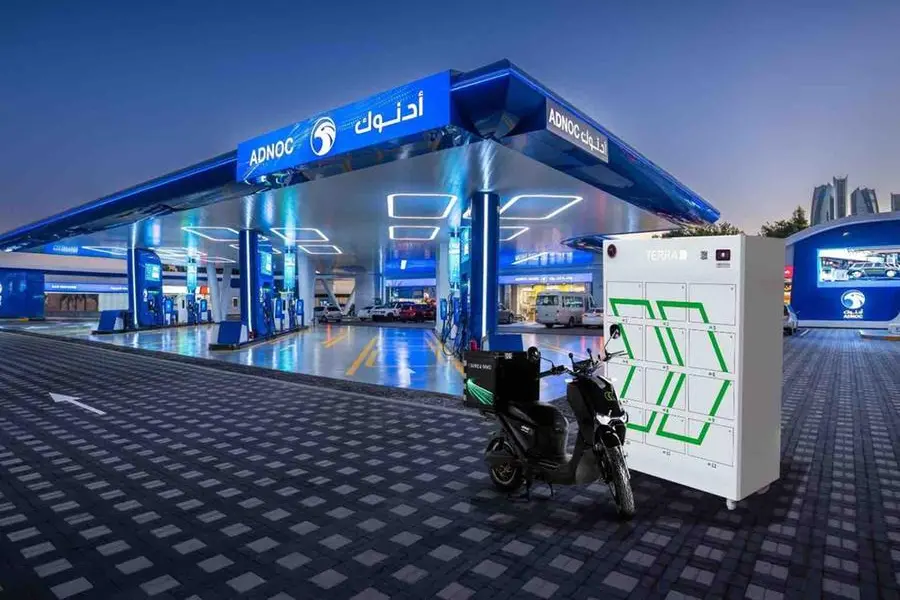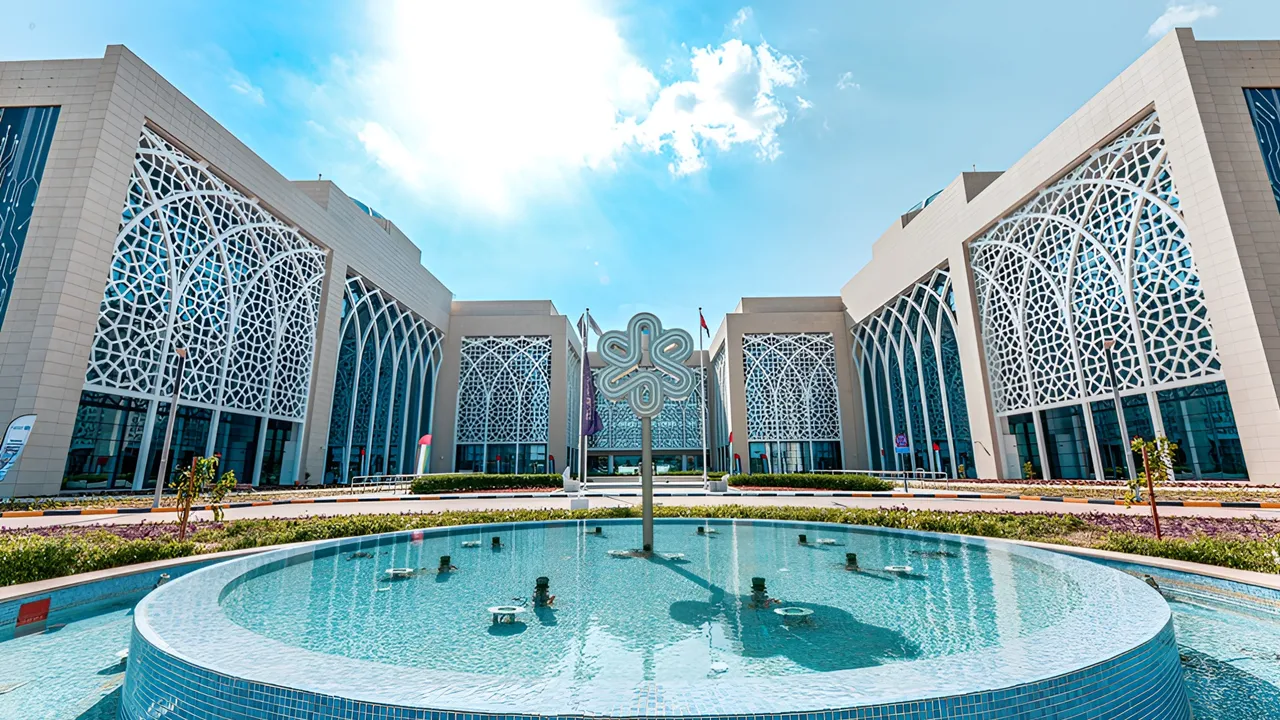OpenAI has officially announced the launch of its AI-powered browser, ChatGPT Atlas, marking a significant move in the company’s strategy to redefine how users interact with information online and challenge Google’s long-standing dominance. The new browser will initially roll out on macOS, with versions for Windows, iOS, and Android slated for a future release. Atlas will be available to all free users at launch, signaling a broad accessibility push.
A New Front in the AI Browser Battle
The browser market has become the latest battleground for AI supremacy. While Google Chrome has held a commanding lead for years, the rise of AI chatbots and agents is fundamentally altering user expectations and workflows. This shift has created an opening for a new wave of competitors, including AI-native browsers like Perplexity’s Comet and The Browser Company’s Dia. In response, incumbents like Google and Microsoft have been retrofitting Chrome and Edge with AI features, but OpenAI is entering the fray with a product built around its core AI from the ground up.
Core Features of ChatGPT Atlas
At the heart of Atlas is a deep integration with ChatGPT. Ben Goodger, OpenAI’s Engineering Lead for the project, explained that users can directly chat with their search results, similar to features seen in Perplexity and Google’s AI Mode. A key feature is the “sidecar,” a built-in chatbot in a side panel that automatically has context for the content on the user’s screen, eliminating the need to copy and paste information into a separate ChatGPT window. Furthermore, Atlas introduces “browser history,” allowing ChatGPT to log visited websites and user activity to provide more personalized and context-aware responses over time.
The Rise of AI Agents
ChatGPT Atlas will also include a web-browsing agent designed to automate online tasks. By activating “agent mode,” users can delegate small tasks for ChatGPT to complete within the browser on their behalf. While early versions of AI agents from competitors have shown mixed results, often struggling with complex multi-step problems, OpenAI is positioning this as a key feature for power users. This advanced agent functionality will be exclusive to subscribers of ChatGPT Plus, Pro, and Business tiers at launch.
Implications for the MENA Tech Ecosystem
For the rapidly digitizing MENA region, the launch of an AI-native browser like ChatGPT Atlas presents several opportunities. Founders and tech professionals could leverage its integrated AI and agent capabilities to streamline research, automate repetitive tasks, and boost overall productivity. As MENA startups increasingly build AI-powered solutions, the emergence of new platforms like Atlas could influence product development and integration strategies. Furthermore, with the region’s high internet and mobile penetration rates, a fundamentally new way of browsing and accessing information could see rapid adoption among tech-savvy consumers, pushing local companies to innovate to keep pace with global AI trends.
About OpenAI
OpenAI is an AI research and deployment company. Its mission is to ensure that artificial general intelligence (AGI)—by which we mean highly autonomous systems that outperform humans at most economically valuable work—benefits all of humanity. The company is known for its pioneering work in large-scale AI models, including the GPT series and the DALL-E image generation model.
Source: TechCrunch















